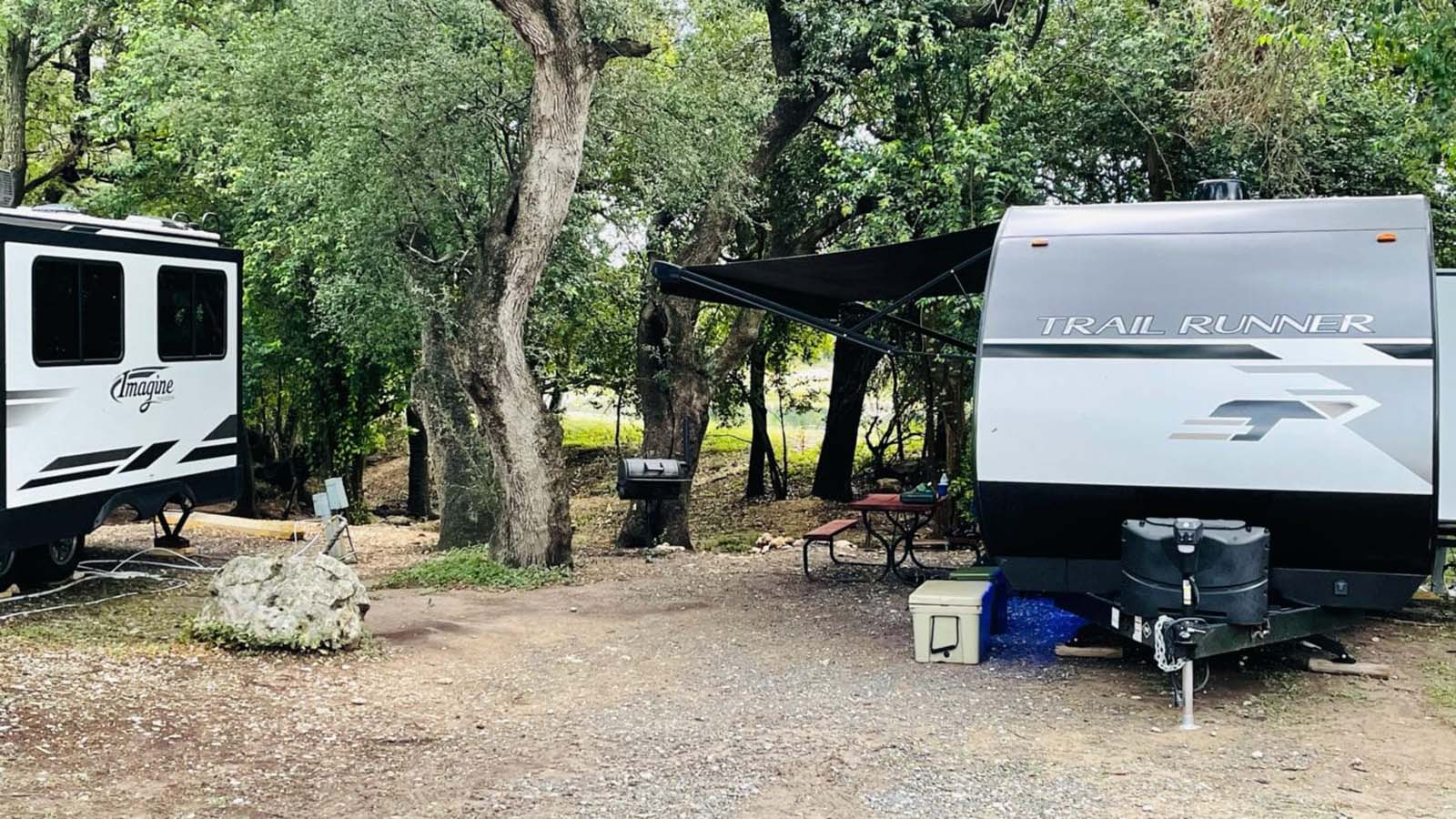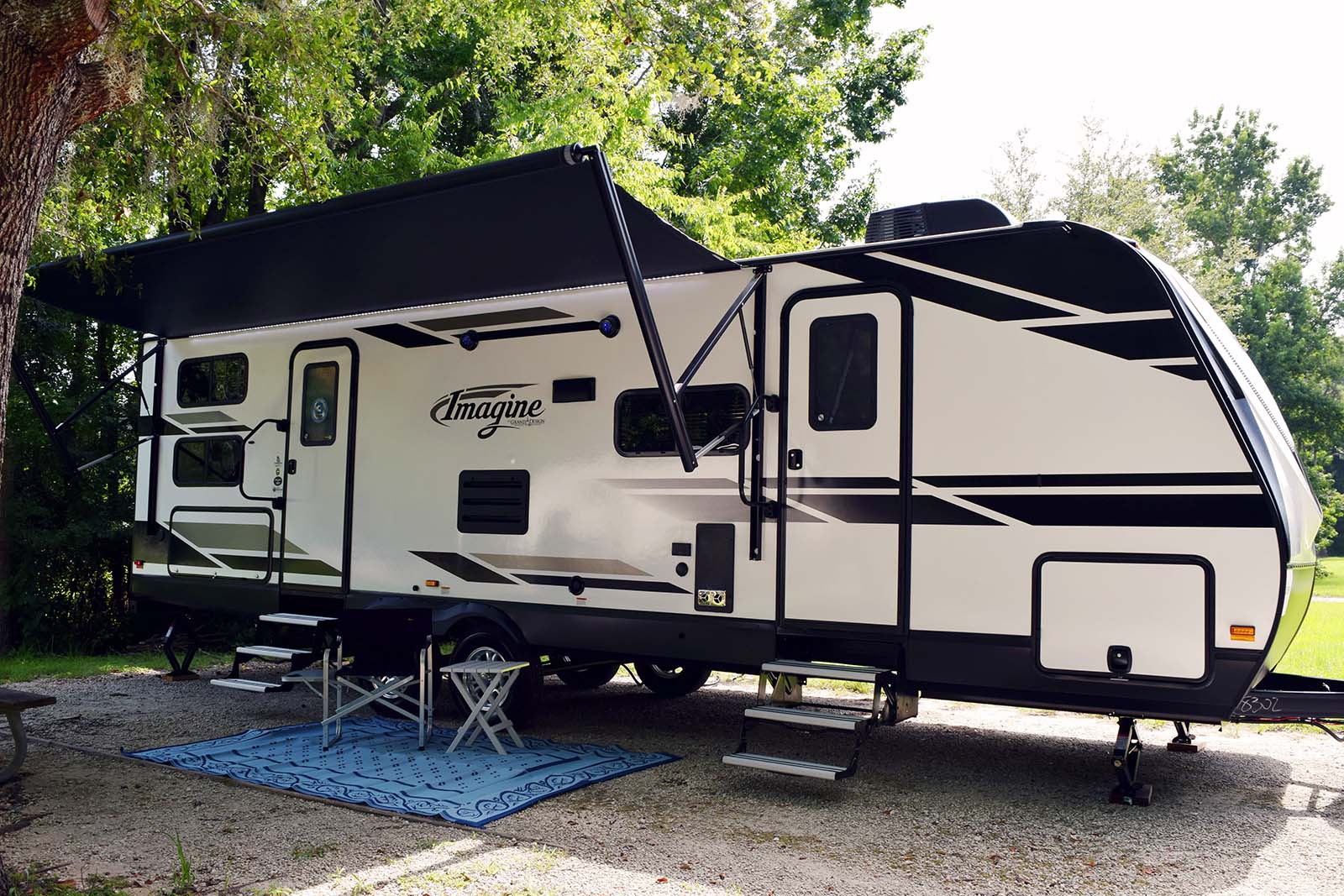How to Prevent RV Batteries from Freezing: Ultimate Guide for Winter Storage

H2: Introduction to Winterizing Your RV Batteries H3: Why Freezing is Harmful for RV Batteries? H3: Insulate Your RV Battery Compartment for Added Protection H3: Use Battery Blankets or Heaters to Maintain Optimal Temperature H3: Keep Your RV Batteries Fully Charged H3: Regularly Check and Maintain Battery Fluid Levels
H2: Introduction to Winterizing Your RV Batteries:
As winter approaches, it is crucial to make sure your RV’s batteries are well-protected from freezing temperatures. Freezing can cause irreparable damage to RV batteries and lead to reduced performance or even complete failure when you need them the most. This article provides valuable tips and techniques to keep your RV batteries safe during the winter months. Let’s dive in!

H3: Why Freezing is Harmful for RV Batteries?
Freezing temperatures can be extremely harmful to lead-acid batteries commonly found in RVs. As the temperature drops, battery capacity decreases, limiting their ability to hold a charge. The freezing temperature can also cause the battery’s electrolyte solution, a mixture of water and sulfuric acid, to freeze and expand. This expansion can crack the battery casing, resulting in leaks and damage to the internal components. To prevent these issues, follow the steps below to protect your RV batteries from freezing.
H3: Insulate Your RV Battery Compartment for Added Protection

One effective way to prevent RV batteries from freezing is to insulate the battery compartment. Insulating materials such as foam or fiberglass can help maintain a consistent temperature inside the compartment, preventing freezing. Measure the dimensions of your battery compartment and cut insulation materials accordingly. Ensure the insulation covers all sides, including the top and bottom. Don’t forget to leave enough space for ventilation to prevent overheating. This extra layer of insulation will provide much-needed protection during the winter months.
H3: Use Battery Blankets or Heaters to Maintain Optimal Temperature
Battery blankets and heaters are excellent accessories for winterizing your RV batteries. These devices are specifically designed to keep the batteries warm, preventing freezing and maintaining optimal temperature conditions even in harsh winter climates. Battery blankets wrap around the battery to provide consistent, regulated heat, while battery heaters use low-level heating elements to maintain a constant temperature. Both options are easy to install and are widely available at RV stores or online.
H3: Keep Your RV Batteries Fully Charged
One of the most crucial steps in preventing freezing is to keep your RV batteries fully charged throughout the winter storage period. Fully charged batteries are less susceptible to freezing and have a higher resistance to cold temperatures. Before storing your RV, recharge the batteries to their full capacity and perform a load test to ensure they are in good working condition. Invest in a quality battery charger or trickle charger to maintain optimal charge levels during the winter months.
H3: Regularly Check and Maintain Battery Fluid Levels
Another essential aspect of winterizing your RV batteries is to regularly check and maintain the fluid levels. Low fluid levels can lead to reduced battery performance and increased risk of freezing. Ensure the battery cells are adequately filled with distilled water to the recommended level specified by the manufacturer. It is recommended to check the fluid levels monthly during the winter season and top up if necessary. Avoid overfilling the cells, as excess fluid can overflow during freezing, causing damage to the battery.
In conclusion, protecting your RV batteries from freezing is crucial for their long-term functionality and performance. By following these tips, such as insulating the battery compartment, utilizing battery blankets or heaters, maintaining a full charge, and regularly checking fluid levels, you can ensure your batteries remain in optimal condition during the winter storage months. Remember, prevention is key when it comes to battery maintenance, so take the necessary steps to safeguard your batteries and enjoy worry-free adventures in your RV.

